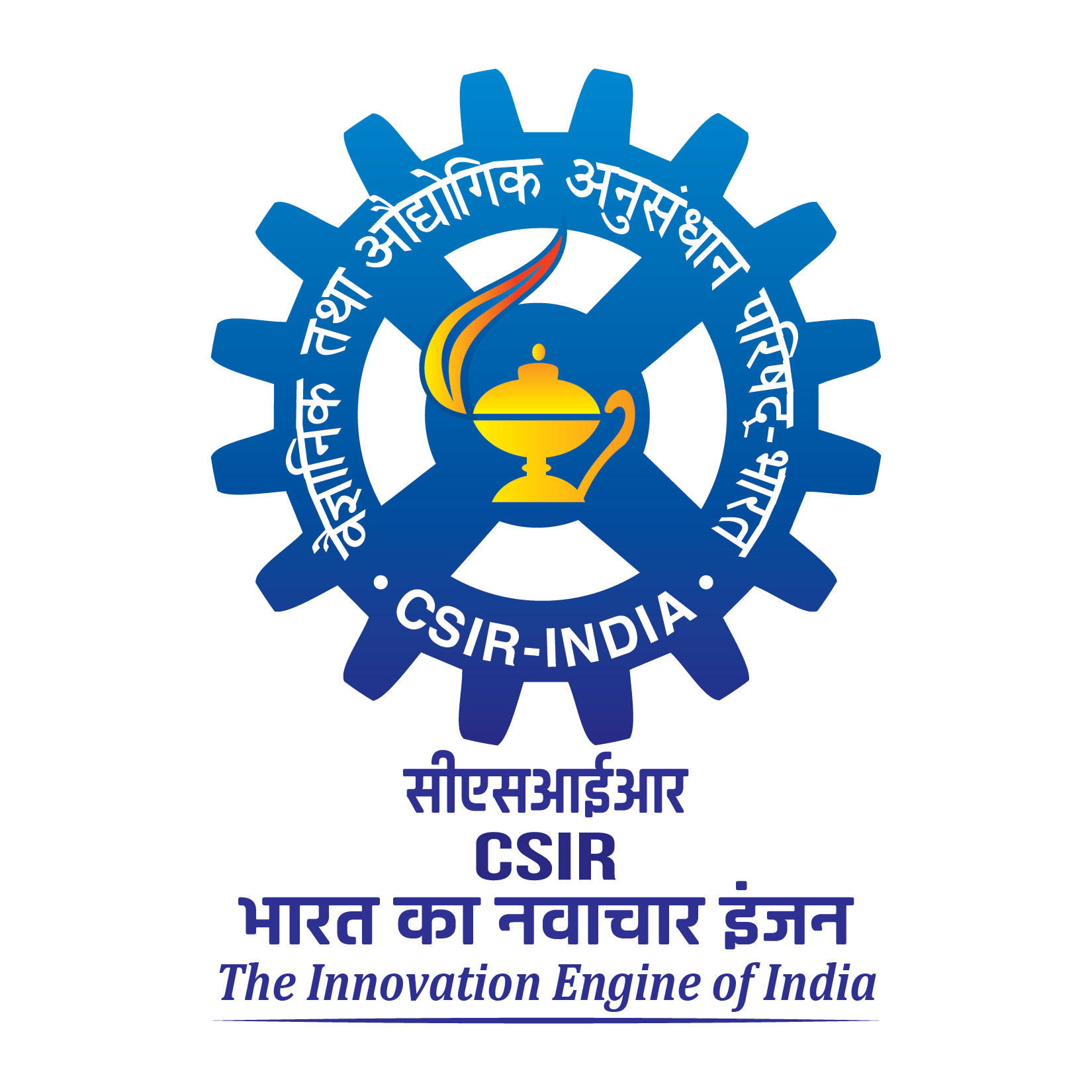by Stella Jes Varghese, Sajani Surendran, B Ajithkumar, Kavirajan Rajendran & Akio Kitoh
The impact of climate change on agricultural yield is one amongst the major concerns the world is witnessing. Our study focusses on rice yield prediction for an agricultural research station in Kerala with the help of climate change scenario input from the Meteorological Research Institute (MRI) Global Climate Model (GCM) projection under Representative Concentration Pathway 8.5 (RCP8.5). We have used Cropping System Model (CSM) Crop Estimation through Resource and Environment Synthesis (CERES) Rice within Decision Support System for Agrotechnology Transfer (DSSAT) package for predicting the yield. Our study has the novelty of using very high-resolution climate data from a model which is highly skilful in capturing the present-day climate features and climatic trends over India (in particular, over the Western Ghats), as input for simulating the future crop yield. From this study, we find that the rice yield decreases due to rise in temperature and reduction in rainfall, thereby reducing the crops maturity time in the future. Based on our results, the adaptation measures suggested to achieve better yield under future warming conditions are: (i) to opt for alternative rice varieties which have tolerance to high temperatures and consume less water, and (ii) shifting of planting date to the most appropriate window.

